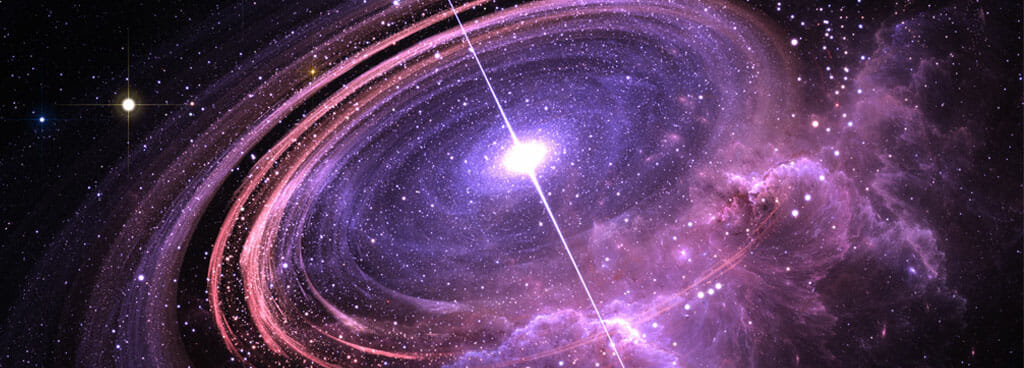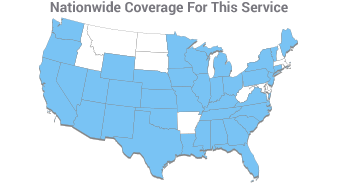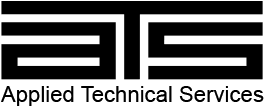- Home
- Services/IndustriesServicesindustries
- About Us
- LocationsStatesAccordion ContentAccordion ContentAccordion ContentAccordion Content
- Job Openings
- Quick Links
- ATS Family

Neutron Radiation Testing
The Applied Technical Service (ATS) Family of Companies provides neutron radiation testing for clients looking to optimize the reliability of their electronic equipment before an aerospace mission.
Neutrons
Neutrons are neutral, meaning they do not possess a net electric charge. Because of this, they cannot directly cause radiation. However, they can ionize matter indirectly. Out of all five types of ionizing radiation, they are the only ones that can make objects radioactive. This process is known as neutron activation, and it can produce multiple radioactive sources.
Neutrons are high-speed nuclear particles with an extraordinary ability to penetrate a vast array of materials. To use this ability, neutrons must travel extended distances in the air. Thick, hydrogen-containing materials, such as water and concrete, are the only substances that can block their path. Fortunately, neutron radiation predominantly occurs inside nuclear reactors, which employ many feet of water for shielding.
Neutron Radiation
For neutron radiation to occur, nuclear fusion or nuclear fission must cause the release of free neutrons, which react with the nuclei of other atoms to create new isotopes. These new isotopes may trigger more neutron radiation. The sun powers itself through nuclear fusion and thus produces these isotopes. While the earth’s atmosphere protects the surface by catching these isotopes in its upper layers, objects in orbit around our planet are subject to their effects.
If the nuclei of the target material absorb neutron radiation, it will become radioactive, which can prove lethal when humans face exposure to large quantities. Single event effects (SEEs) and Total Ionizing Doses (TIDs) of radiation can also undermine electronics’ performance—endangering equipment, crew, and the mission as a whole.
How Neutron Radiation Testing Works
To mitigate the risks that neutron radiation poses to electrical devices, manufacturers in the aerospace industry should evaluate all their equipment through a certified testing company. A team of experts will be able to inspect electrical devices for resistance to neutron radiation’s effects and provide feedback to the manufacturer.
Because a simple visual inspection renders insufficient data, scientists use special instruments to help them detect and identify ionizing radiation and radioactive material.
Our Team of Experts
Our highly qualified team provides the full range of radiation effects testing. We assist manufacturers in the aerospace industry with their missions. Working closely with our experts will give them valuable information on rad-hard designs and qualifications.
Our Radiation Laboratory
The ATS Family of Companies offers a clean-room laboratory that meets all compliance, classification, and security requirements in order to perform radiation effects testing on electrical equipment. Our lab capabilities include ESCC 25100, ESCC 22900, EIA/JED57, and ASTM-STD 750 and 883 (TM 1017, 1018, 1019, 1020, 1021).
Quality Assurance
Our broad scope of services for radiation effects testing provides clients with competitively priced and comprehensive solutions. We guarantee that our company meets specific requirements, which include safety, reliability, logistical system alignment, and common measurement standards. Furthermore, we follow strict standards that adhere to DLA (Defense Logistics Agency) criteria.
Contact Us
Don’t leave your aerospace project launch to chance. Contact the ATS Family of Companies for your next RLAT testing service.

Request Form
"*" indicates required fields
